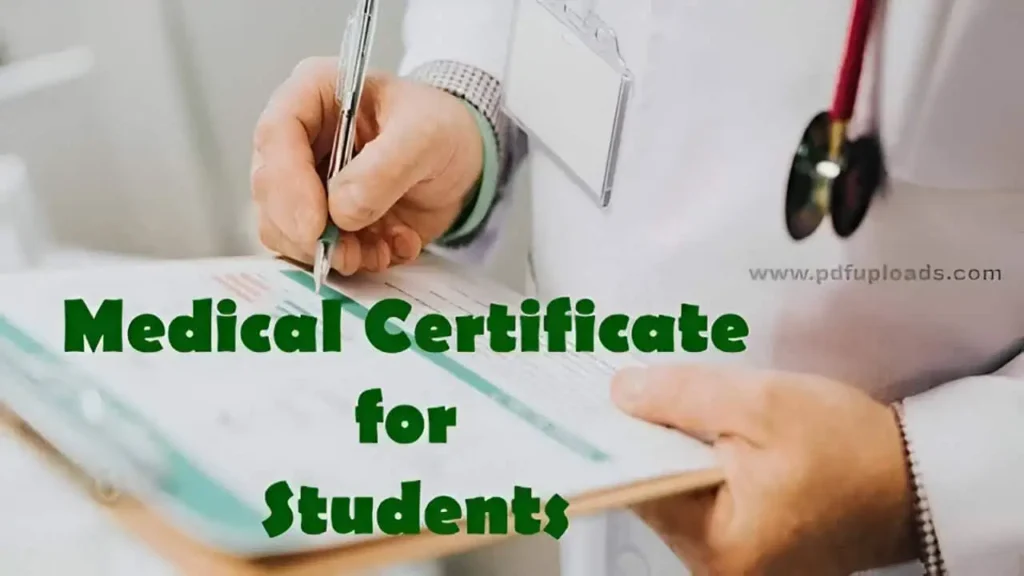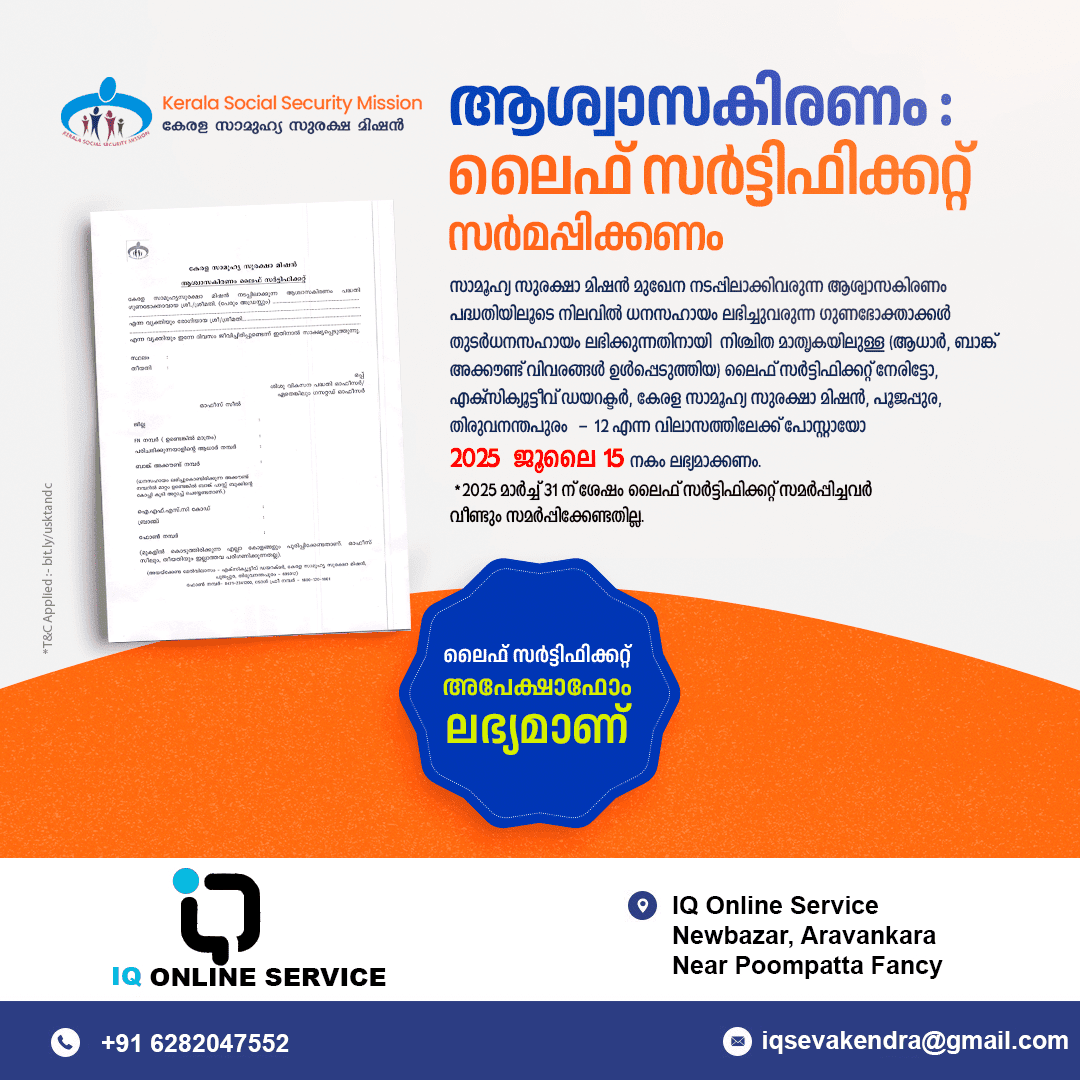Medical certificate for leave for students: Everything You Need to Know
When it comes to ensuring seamless participation in academics and co-curricular activities, having a medical certificate for leave for students is often a critical requirement. Whether it’s for taking a leave from school, applying for examinations, or participating in specific events, this document plays an important role in meeting procedural and health standards.

If you’re a student or a parent trying to understand the ins and outs of obtaining a medical certificate, you’ve come to the right place. This guide will walk you through everything you need to know about the importance, uses, how to get one, and much more.
Table of Contents
What is a Medical certificate for leave for students?
A medical certificate for students is an official document issued by a certified medical practitioner. It states the student’s medical condition, which may include illness, recovery period, or fitness for specific activities.
Typical Details in a Medical Certificate
- Name and age of the student
- Diagnosis or medical condition
- Treatment prescribed
- Time frame for rest or recovery
- Fitness to resume academic or physical activities
- Doctor’s signature, name, and registration number
Institutions require medical certificates for various reasons, which we’ll explore below.
Why is a Medical Certificate Necessary?
1. Academic Leave
If a student is unwell and needs extended leave from school, colleges require a valid reason. Medical certificates serve as official proof to justify the absence.
2. Examination Applications
Certain universities or boards may request a medical certificate as a prerequisite for taking exams or rescheduling missed ones due to health issues.
3. Sports Participation
For students participating in sports or physical activities, medical certification ensures they are medically fit for physically demanding tasks.
4. Contagious Diseases
Schools require medical certificates for fitness clearance before a student returns after recovering from a contagious disease such as chickenpox or flu.
5. Scholarship or Admission Processes
Some scholarships and admissions, especially ones requiring disability or special needs documentation, may mandate a medical certificate.
How to Obtain a Medical certificate for leave for students
Getting a medical certificate involves some straightforward steps. Follow this guide for a hassle-free process:
1. Visit a Certified Medical Practitioner
It’s essential to approach a licensed doctor or medical officer. Certificates issued by unregistered individuals may be rejected by educational institutions.
2. Explain Your Condition
Be transparent about your illness or requirement while consulting with the doctor. Provide any necessary prior medical history for accurate diagnosis.
3. Receive the Certificate
Doctors typically use print templates with all essential fields. Ensure it includes the medical practitioner’s signature, official seal, and registration number.
4. Verification
Upon submission, institutions may contact the doctor’s office to verify the authenticity of the certificate. Double-check all details to avoid discrepancies.
For ready-to-use templates for medical certificates, check out the downloadable resources at PDFuploads.com.
Tips for Using Medical Certificates Correctly
- Always notify your school or college whenever you’ll be submitting a medical certificate.
- Avoid forging certificates as it can lead to legal consequences and damage to credibility.
- Keep copies of submitted certificates for your records.
- Follow instructions or medications as prescribed by the doctor to ensure better recovery.
Common Scenarios Requiring Medical Certificates
A medical certificate for students is often required for specific situations. Here is a list of the most common scenarios and how to address them effectively:
1. Sick Leave Application
If a student stays at home for two or more consecutive school days due to illness, most institutions require a certificate.
2. Post-Surgery Recovery
For students recovering from surgery, the certificate must include clear guidance on the amount of rest time required as well as activities to avoid.
3. Mental Health Breaks
Students seeking a break for mental well-being can provide a certificate issued by a psychologist or psychiatrist.
4. Physical Injury
Medical certificates help inform teachers or supervisors about physical limitations after an injury, ensuring care during participation in any activity.
Where Can You Get a Medical Certificate for leave for Students?
The process for obtaining a certificate may differ depending on the location. Here are some common places students or parents can approach for one:
- General Hospitals – Most public or private hospitals have authorized doctors issuing medical certificates.
- Health Clinics – Small-scale clinics handle minor illnesses or injuries requiring certificates.
- School-Associated Medical Staff – Several schools have in-house doctors who provide these certificates when required.
- Specialized Practitioners – For fitness-for-sports or mental health certificates, approach specialists.
Download Sick Leave – Medical Certificate for leave for Students
Things to Avoid
1. Submitting Certificates Without Medical Need
While some students might see certificates as an easy excuse for taking days off, this approach isn’t advisable. Academic institutions actively verify certificates, and falsification may lead to disciplinary actions.
2. Procrastination
Always submit the document within the time frame provided by institutions. Delay in submission can lead to rejection of leave applications or exam rescheduling requests.
External Resources for Medical Certificates
If you’re looking for credible online tools and guides on obtaining medical certificates or related documentation, check out these resources:
- India Medical Council Regulations – Learn about the rules regarding certification by registered practitioners.
- NHS Guidance on Certificates – Helpful advice for students in the UK or studying under UK-affiliated institutions requiring certification.
Additionally, search PDFuploads.com for free templates and forms that can simplify your application process.
Frequently Asked Questions (FAQs)
1. What is the validity of a Medical Certificate for leave for Students?
The validity depends on the condition mentioned. For example, a fitness clearance after two weeks of rest remains valid until the student resumes academics.
2. Can parents collect medical certificates on behalf of students?
Yes, parents can collect the certificate, especially for younger students or those bedridden.
3. Is an online medical certificate acceptable?
Some institutions accept digital certificates from accredited online consultations, but others require the physical document. Verify this with your school.
4. Can mental health conditions be included?
Yes. Psychologists or psychiatrists can issue valid certificates for students requiring leave due to mental health reasons.
5. Do schools verify medical certificates?
Yes, many schools cross-check details with the issuing doctor to ensure authenticity.
Final Notes
Having a Medical Certificate for leave for Students streamlines the process of requesting leave, applying for exams, or ensuring fitness for activities. While the process is straightforward, it’s important to approach the right professionals and provide honest information to meet educational requirements.
By leveraging resources like PDFuploads.com for downloadable forms, and by seeking guidance from credible external sources, students and parents can ensure hassle-free management of medical documentation.
Remember, the purpose of this document isn’t just bureaucratic—it’s a crucial way to prioritize health and well-being. Always consult trusted healthcare providers when in need of medical certifications, and keep track of submission deadlines to avoid unnecessary complications.









